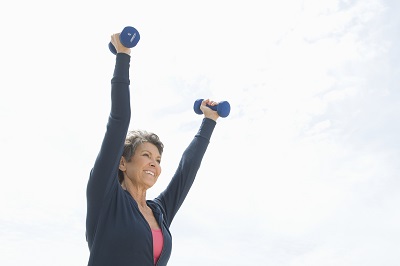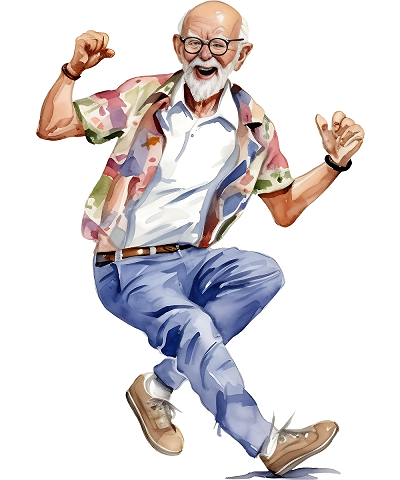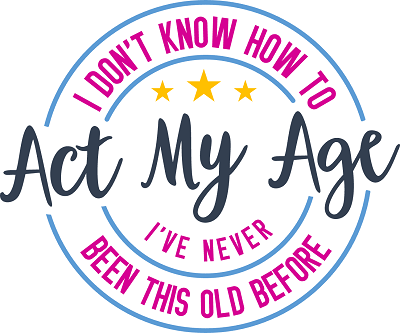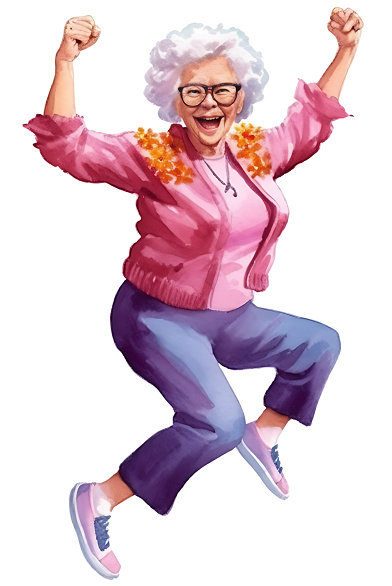 As seniors age, their bones become less dense due to the loss of calcium and other minerals. This erosion of bone material, called osteoporosis, is usually more pronounced in women who have already been through menopause. Your doctor can do a bone density test to see if you are at risk for osteoporosis.
As seniors age, their bones become less dense due to the loss of calcium and other minerals. This erosion of bone material, called osteoporosis, is usually more pronounced in women who have already been through menopause. Your doctor can do a bone density test to see if you are at risk for osteoporosis.
Other changes that occur from aging include joint inflammation, pain, stiffness and even deformity. This not only affects body flexibility, but also balance.
Because the bones are more brittle now with less density, you have less balance, and you may have gained weight thus putting more pressure on them, thus increasing your risk of breaking a bone resulting from a fall.
And because seniors do not heal as fast as younger people, a bone fracture can land you in a nursing home until healed. Some fractures never do heal properly and the person ends up losing much of their independence.
Preventing Loss of Bone Density
While the aging process cannot be stopped entirely, there are a couple of things you can do to slow down bone density loss. One is to keep exercising, especially strength training and yoga.
Weight lifting is the best strength training exercise for preserving muscle mass and bone density. Use lighter weights, but perform more repetitions. The goal is not to bulk up, but to tone the muscle you have left. That muscle mass will support your joints and lessen your risk of falling.
Yoga benefits seniors by keeping the joints flexible, which also helps maintain balance.
Getting Enough Calcium and Vitamin D
To preserve bone density, postmenopausal women and men over the age of 65 should ensure they are getting 1,200mg of calcium and 400 to 800 international units of Vitamin D each day either through food consumed, a vitamin supplement or both.
Why Vitamin D? Because Vitamin D allows the body to metabolize and absorb calcium into the bones.
In the case of Vitamin D, you can get your daily requirement by being out in the sun for 5 to 10 minutes per day. If you get your vitamin D from the food you eat, good sources include:
- Salmon
- Egg yolks
- Cauliflower
- Skim or low fat dairy products
- Nuts
- Unsaturated vegetable oils, such as olive and canola
A combination of strength training, yoga and getting enough calcium and Vitamin D each day will not only slow the loss of bone density, but will help you keep your balance and flexibility, thus reducing your risk of bone breakage from falling.


